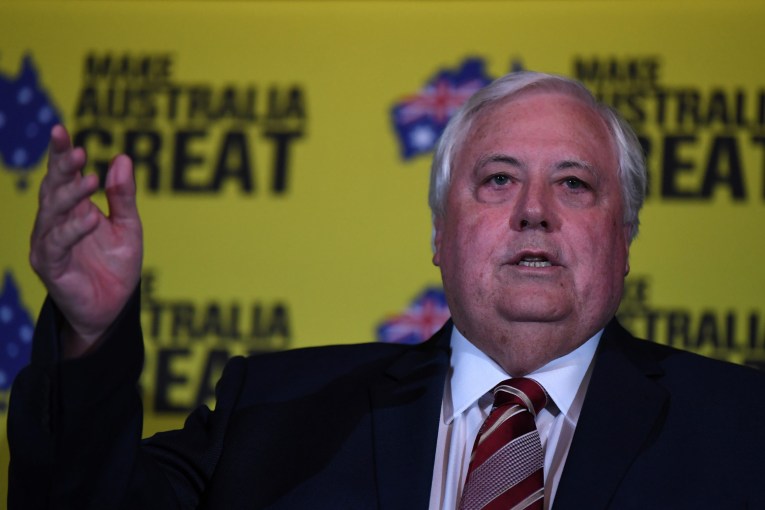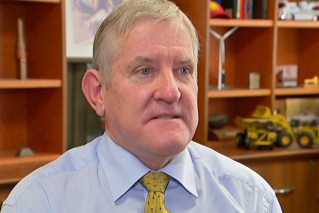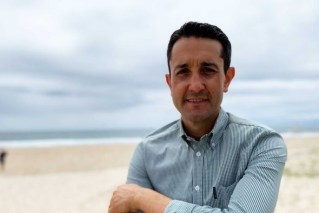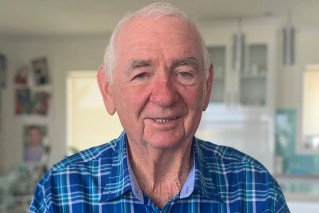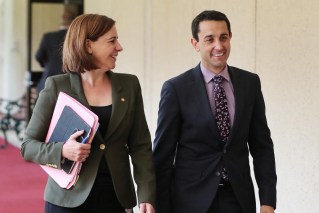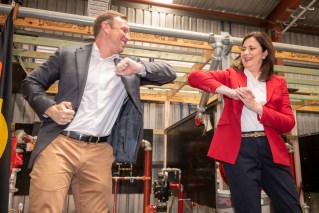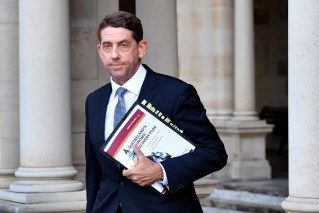Euthanasia back on political agenda as legal experts push reform
Releasing a discussion paper today, the Queensland Law Reform Commission made clear its job was to determine how, not if, the state would allow voluntary assisted dying.
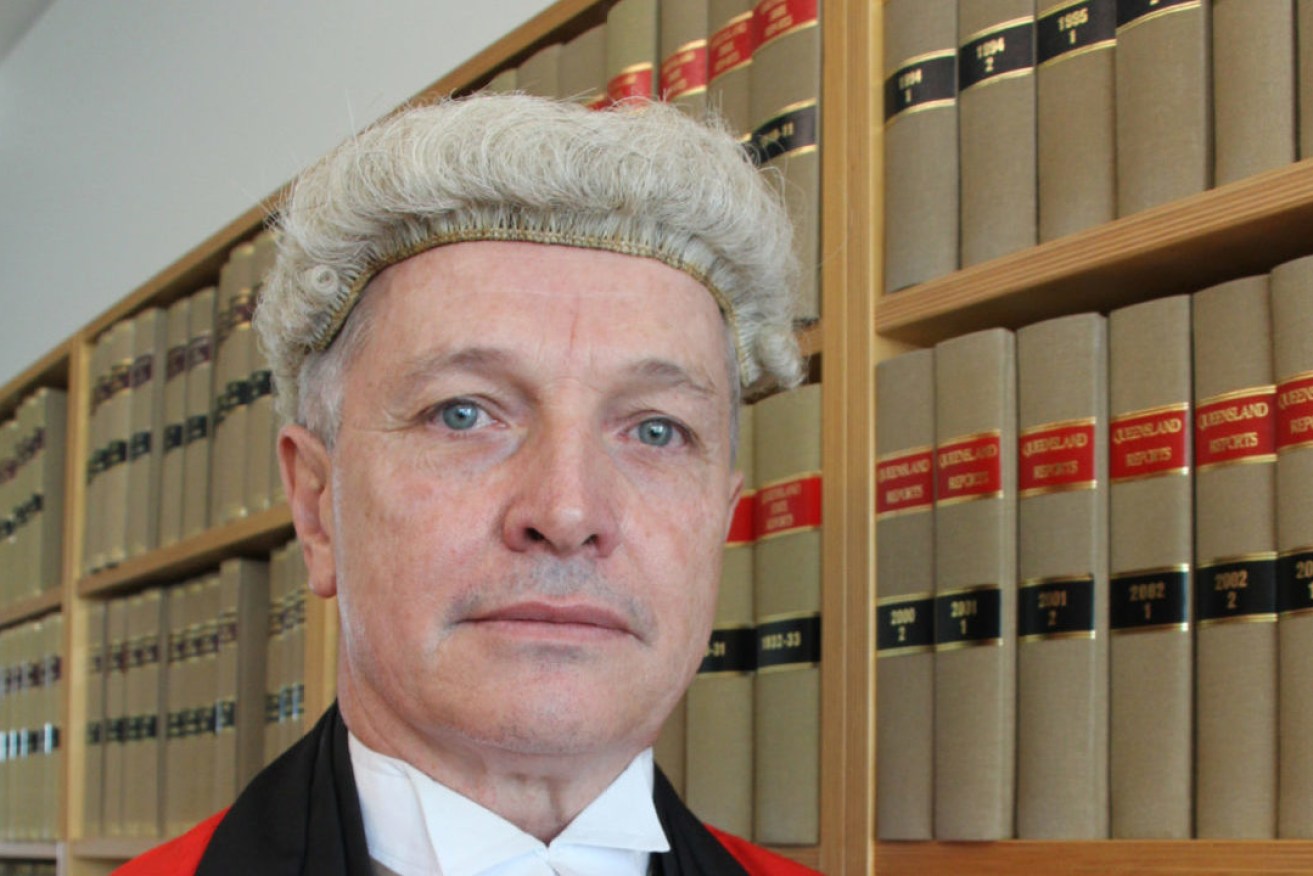
Queensland Law Reform Commission chair Justice Peter Applegarth. (AAP Image/Queensland Courts)
Before the pandemic, Premier Annastacia Palaszczuk had been expected to support a bill being introduced for a parliamentary vote on the issue, but instead referred it to the commission for further review.
While that delayed a parliamentary vote until next term, the commission has today put it back on the agenda by calling for feedback – during and after the election campaign – on an appropriate legal framework.
There was speculation Labor would have had the numbers to pass a bill, and that the Liberal National Party would have split if the party afforded members a conscience vote, as it had previously on the issue of pregnancy termination reform. The LNP has vowed to review termination laws if elected.
Whoever wins the October 31 election will inherit, within the first six months, a blueprint for reform from the commission – including draft legislation allowing voluntary assisted dying.
“As the terms of reference make clear, the commission is not asked to consider the desirability or otherwise of introducing voluntary assisted dying legislation in Queensland,” commission chairman Justice Peter Applegarth said today.
“In March 2020, the Queensland Parliament’s Health, Communities, Disability Services and Domestic and Family Violence Prevention Committee determined that the majority of the Queensland community, including health practitioners, is supportive of the introduction of voluntary assisted dying legislation in Queensland.
“The scope of the commission’s reference is limited to developing an appropriate legal framework for voluntary assisted dying.”
Applegarth said the challenge for the commission was to develop a model that was “compassionate, safe and practical”.
“Voluntary assisted dying is a very complex and deeply personal issue that requires the balancing of a range of competing considerations, including respecting human rights and the dignity and autonomy of individuals, while also taking into account the need for safeguards to protect individuals who might be vulnerable to coercion or exploitation,” he said.
The paper is open for public consultation until November 27, in order for the commission to report to the Attorney-General by March next year, as required under the terms of reference.
The consultation paper states: “In Queensland, people seeking relief from prolonged intolerable suffering due to a life-limiting illness or a neurodegenerative condition are currently unable to access voluntary assisted dying. While these people may receive palliative care or a range of other supports, the options available to them if they wish to end their life are limited to the refusal of medical treatment, the refusal of food, the refusal of hydration, palliative sedation or suicide. The ability to seek assistance from a health practitioner when exercising these options is constrained by restrictions on what health practitioners can legally provide to their patients.
“Voluntary assisted dying allows people, in certain circumstances, to exercise greater choice over the timing and manner of their death.”
